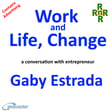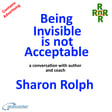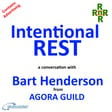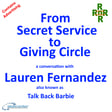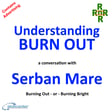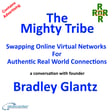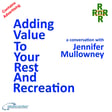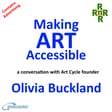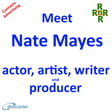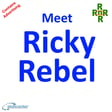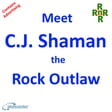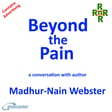
Preserving Traditional Crafts – a conversation with Carl Klein.
Carl Klein has the travel bug. Rather than simply collecting destinations Carl is an adventurer who spends time living off the usual tourist routes, immersing himself in local communities and cultures
As those communities developed confidence in him, they started to share their joys and fears with Carl. Carl learnt that one of the fears of local crafts people was that they worried that they would be the last practitioner of their craft.
The problem is that craft-based work is not as interesting to young people as an office job.
Carl decided that with access to a wider market the crafts the commercial viability and profitability of those crafts would increase. Then more young people might be interested in a craft-based career.
Carl decided that he could help by creating documentariesto share his fascination with the crafts. He also added a retail opportunity so that people who shared his enthusiasm could have unique han- crafted products in their home.
is an adventurer. Fibre art is any fine art that uses natural or synthetic fibre, fabric or yarn to create an item that can be displayed, used or worn.
Rest and Recreation is made on Zencastr because it is an all-in-one podcasting platform, that really does make creating content so easy.
If you would like to try podcasting using Zencastr visit zencastr.com/pricing and use our offer code ABECEDER.
Travel
Each country, region, and culture, has its own crafts. If you want to travel the world exploring craft, the best way to make your travel arrangements is by joining The Ultimate Travel Club, because that is where you will get trade prices on flights, hotels, and package holidays.
Use offer code ABEC79 to receive a discount on your membership fee.
You can find out more about both Michael Millward, and Carl Klein at Abeceder.co.uk .
Proactive Positive Ageing.
Participating in a craft has significant health benefits.
When it comes to health it’s a good idea to know the risks early so that you can take appropriate actions to maintain good health, so we recommend The Annual Health Test from York Test which covers 39 different health markers.
Access York Test and use this discount code ABECEDER2.
Matchmaker.fm
Thank you to the team at Matchmaker.fm introducing me to Carl. Matchmaker.fm is where matches of great hosts and great guests are made. Use our offer code MILW10 for a discount on membership.
Being a Guest
If you would like to be a guest on Rest and Recreation, please contact us using the link at Abeceder.co.uk.
We recommend that potential guests take one of the podcasting guest training programmes available from Work Place Learning Centre.
Remember, the aim of all the podcasts produced by Abeceder is not to tell you what to think, but we do hope to make you think!
Thank you to you for listening.

